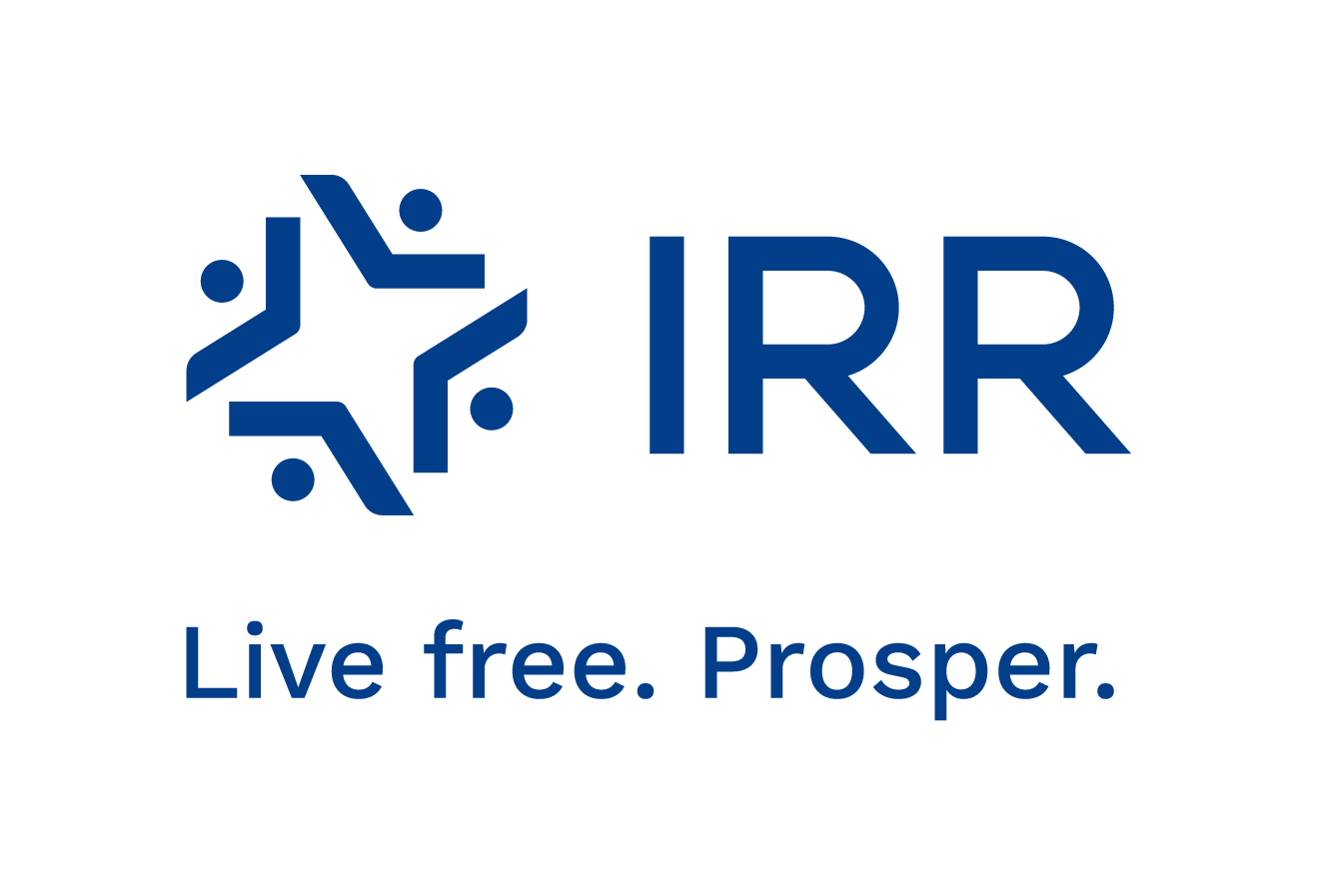
|
|
The R100bn BEE Fund is unconstitutional
The R100bn Transformation Fund (the Fund) recently proposed by Parks Tau, minister of trade, industry and competition, to help finance black business is unconstitutional on at least four grounds, says the Institute of Race Relations (IRR). According to Mr Tau, the Fund will be administered by the National Empowerment Fund – a state entity which has previously acknowledged that the main obstacles hindering many black firms include “a limited knowledge of industry” and “a lack of bankable business plans”. Mr Tau adds that business will be forced to pay into the Fund via the BEE generic codes, under which larger enterprises are expected to contribute 3% of net profit after tax to the development of black-owned suppliers. Companies that fail to direct this 3% into the Fund instead will be barred from doing business with the state, he warns. The minister also says that multinational corporations operating in South Africa are expected to contribute up to 25% of the value of their South African interests to BEE. And that the Competition Act can be used to compel companies seeking approval for mergers to pay into the Fund to help meet their “public interest” obligations. “However, Mr Tau’s proposed Transformation Fund conflicts with at least four key clauses of the Constitution,” says Dr Anthea Jeffery, Head of Policy Research at the IRR. Section 1 of the Constitution identifies “non-racialism” as a founding value. Classifying people into apartheid-era racial categories and then giving preferences to some while excluding others betrays this value. Section 9 prohibits both the state and the private sector from unfairly discriminating on racial grounds. It also says that any discrimination based on race is automatically unfair unless it “promotes the achievement of equality”, as the Constitutional Court has ruled. But BEE helps only a small and often politically connected black elite. It also chokes off investment, growth and jobs, which greatly harms the great majority of poor black people. BEE is thus the main reason for worsening inequality within the black population. It also largely explains why the country’s Gini co-efficient has risen from 59 in 1994 to 63 in 2022. In addition, Section 213 of the Constitution says that “all money received by the national government must be paid into…[the] National Revenue Fund, except money reasonably excluded by an Act of Parliament”. Yet Mr Tau seeks to direct the R100bn into the National Empowerment Fund without a statute authorising this and without having to show that this is “reasonable”. (In reality, what Mr Tau seems to want is a large pot of money that can be used for public service salaries and other state spending under the fig-leaf of a BEE intervention supposedly aimed at helping the poor.) Then there is Section 217 of the Constitution, which says that all public procurement must be “competitive and cost-effective”. Officials awarding public tenders must thus put “value-for-money” above BEE considerations, as Judge Raymond Zondo has stressed in his report on state corruption. But Mr Tau wants to exclude businesses that fail to pay into the Fund from all state tenders irrespective of the likely harm to competition and cost-effectiveness. Adds Jeffery: “Current race-based BEE has long caused enormous harm to the economy. By using race to identify its beneficiaries, BEE allows the black political elite to feed off its preferences, even as the poor sink further into destitution. The Transformation Fund proposal must simply be scrapped, along with all other race-based laws. “The real need is to shift to a non-racial system of Economic Empowerment for the Disadvantaged (EED). This, like the social grants system, would use a means test to identify the truly disadvantaged. It would also reach right down to the grassroots by providing the poor with tax-funded vouchers for schooling, healthcare and housing. “EED would redirect much of the revenue now being badly (and often corruptly) spent by bureaucrats into the hands of families intent on using their vouchers to obtain the best schooling, healthcare and housing that a competitive a nd innovative market can supply.” Live Free. Prosper. |
|
Help us to stop the BEE Tax |
|||
|
|
|||
|
© 2023 South African Institute of Race Relations www.irr.org.za | evalna@irr.org.za | Terms conditions | Privacy policy |